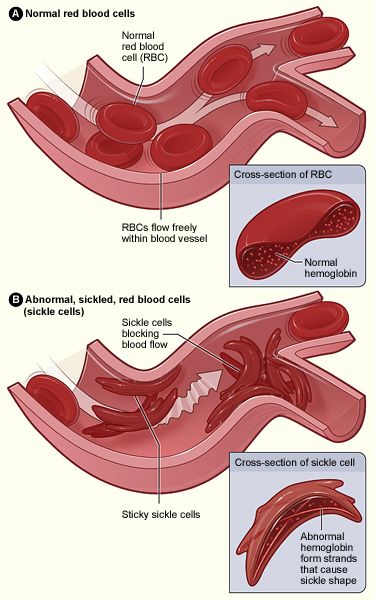
Health equity: FDA panel support for sickle cell disease cure
The potential approval of a treatment for a historically under-served community is important.
A US Food and Drug Administration (FDA) expert panel has given its support for the first gene therapies for treating - and potentially curing - sickle cell disease (SCD). The gene-editing therapy is jointly developed by Vertex Pharmaceuticals and CRISPR Therapeutics has been deemed safe enough for use in a clinical setting (i.e. on patients) which hugely increases the chances of FDA approval on December 8th. There is a second therapy also being considered by Bluebird Bio with a decision set for December 20th.
This is an important health equity story. In sustainability, health is a core social inclusion theme - access to health care and services, health equity, health equality and social justice. Sustainability professionals will see the impacts for colleagues, stakeholders as well as the broader benefits within communities.
SCD is an inherited red blood cell disorder where the red blood cells (which are responsible for carrying oxygen from our lungs to the cells in our body and CO2 back to our lungs to be exhaled) become hard and sticky and 'c-shaped' like sickles (hence the name). Sickle cells die quickly and so there is a constant shortage of red blood cells plus arteries can get clogged by them too restricting blood flow and increasing stroke risk, for example.
About 5% of the world's population carries trait genes for blood haemoglobin disorders - the main one being SCD. In the US the condition affects more than 100,000 people and 20 million people worldwide, but SCD is much more common in certain ethnic groups, particularly those of African descent.
Health equity seeks equality of health, i.e. considers starting points and is focused on outcomes of health rather than inputs of the service provision.
The potential approval of a treatment for a historically under-served community by big pharma is an important first step. As we wrote in a deep dive on health equity last year, it is more than just about the drugs. The new therapies are hard to endure and will require stays in hospital. That will have knock on effects for family members etc. There has been a historic distrust of the health care system by the black community and so how will that trust be regained? Wider engagement post approval will be key.
Link to the health equity deep dive 👇🏾

This article featured in What Caught Our Eye, a weekly email featuring stories we found particularly interesting during the week and why. We also give our lateral thought on each one. What Caught our Eye is available to read in full by members.
If you are not a member yet, you can read What Caught Our Eye when it comes out direct in your email inbox plus all of our blogs in full...


Please read: important legal stuff.


